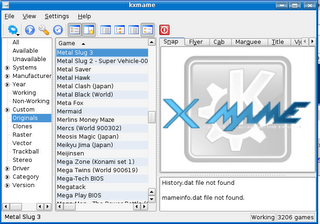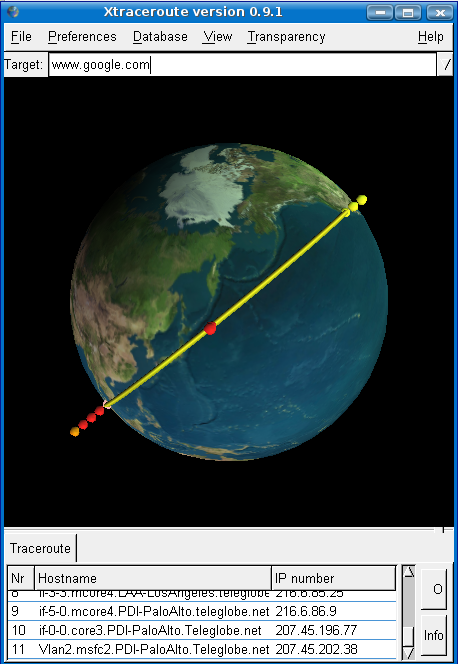here is a list of emulator that i have:
-the one that work:
kxmame(kde fronted for xmame and xmess)

this is one of my favourite. because it got my favourite game, metal slug. i collected the rom for metal slug super vehicle-001,metal slug 2, metal slug 3 and metal slug x. maybe i should get megaman too. maybe later.
on the other hand you will need the bios if wanted to play the game, but the configuration is easy.
the pros: easy configuration,huge supported game, and games is fun
the cons: you will need to dig out for the bios.
dgen
dgen is a emulator for sega genesis. which i happen to own, and been playing 2 games on it. jungle strike, and rocket knight adventure. simply because i legally own it.

the pro: game is pretty much playable, no configuration
the cons: some game may not run well, no graphical frontend
what don't work, gngeo not sure how to configure it.
what is cool with all these emulator is that it is in the ubuntu repository. except the game which you can't get. and the emulator can be found by apt-get.





